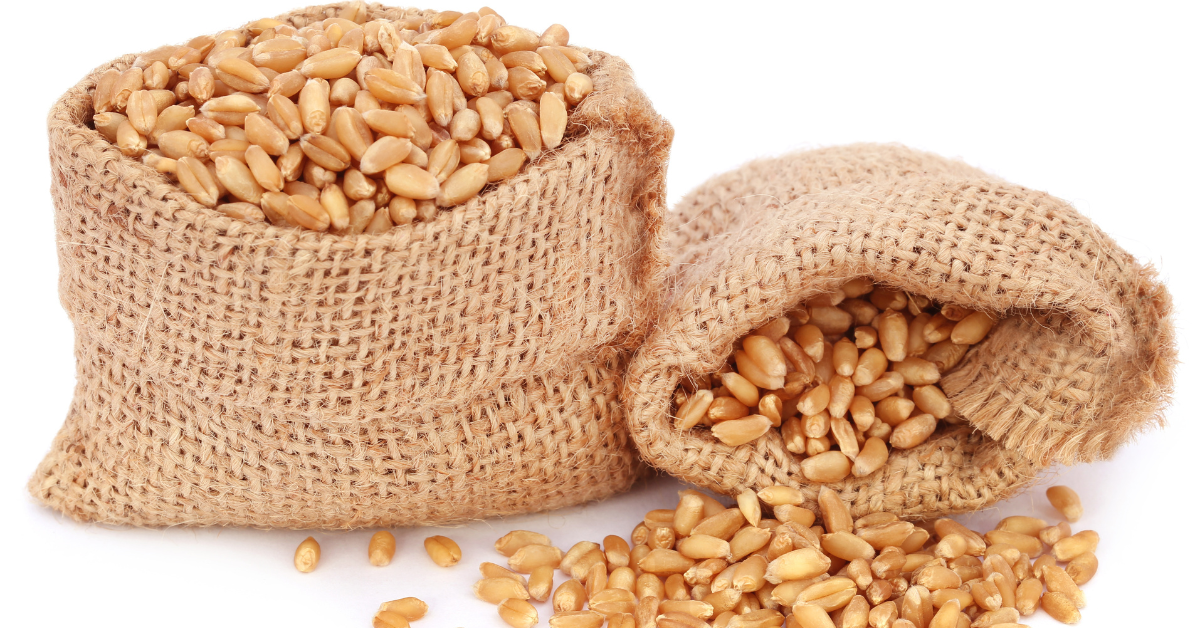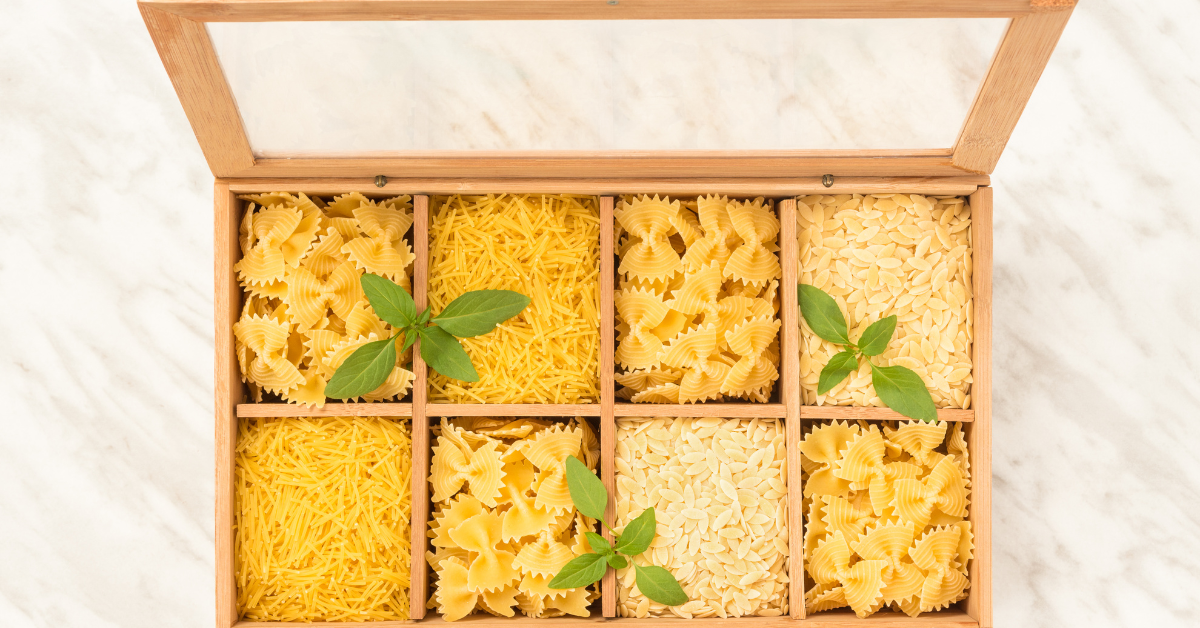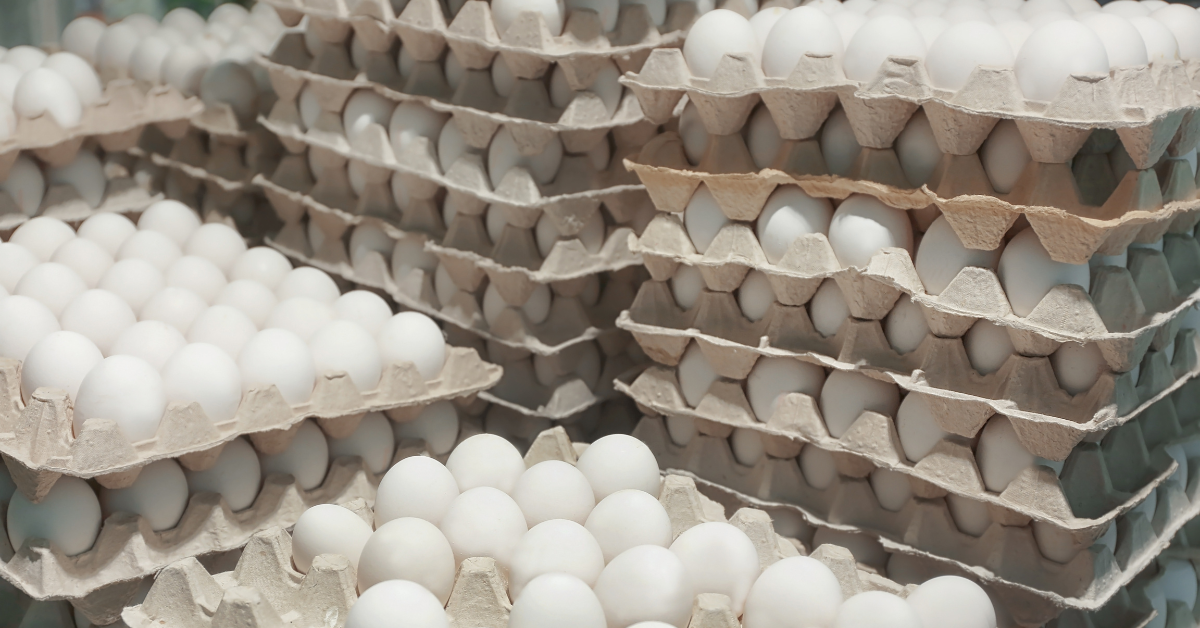In the prepper community, dehydrated foods often take center stage. That’s because many benefits come with keeping and eating dehydrated foods. One of which is that dehydrated foods have a long shelf-life.
But what does that mean? How long does dehydrated food last?
If you’ve been curious to know that answer, then keep reading. We’re going to talk about the shelf life of dehydrated foods and what you can do to make your stash of dehydrated food last even longer.
The Benefits of Eating Dehydrated Food

Food dehydration is one of the oldest forms of food preservation. Yes, a lot has changed regarding the tactics used to dehydrate foods. However, many of the potential benefits of eating dehydrated foods are still the same.
-
Reduced risk of certain cancers: the drying process may activate chemicals in food that help prevent cell damage linked to certain cancers.
-
Improved digestion: dehydration can increase the fiber content in foods, which is essential for a healthy digestive system.
-
Increased energy: dehydrated foods can offer a healthy energy boost because the dehydration process concentrates the calorie and sugar content in food.
-
Lower risk of food poisoning: compared to other foods, dehydrated goods are less affected by food-borne contaminants.
-
Better nutrition: dehydrated food is super convenient, making eating healthy easier. When you have high quality dehydrated foods, you can avoid harmful ingredients, like stabilizers and artificial flavorings. Dehydrated fruits and vegetables maintain their nutritional elements in the drying process, so they’re still just as good for you as they were fresh.
-
Extremely long shelf-life: because the moisture content has been removed from dehydrated foods, they can last a lot longer in your pantry. And the best part is that dehydrated foods do not require refrigeration.
Factors that Affect the Shelf Life of Dehydrated Food
How long does dehydrated food last depends on how it’s cared for. Dehydrated foods have a long shelf life. However, that doesn’t mean they are indestructible– after all, food spoilage and deterioration are natural processes.
That’s why storing dehydrated goods is about delaying the food spoilage rather than stopping it completely. To prevent food spoilage, there are five major risk factors to look out for.
-
Moisture
-
Light
-
Oxygen
-
High temperatures
-
Insects and vermin
Moisture

Too much moisture is bad for dehydrated foods. That’s because moisture enables microbial growth and allows food to grow mold. Molds on food contain mycotoxins that can make you sick if you consume them.
Therefore, the drier you can keep it, the longer your shelf life of dehydrated goods.
Light
Too much light, whether artificial or natural, can cause photodegradation. Photodegradation can cause your food to discolor and lose its natural flavoring and nutritional value. That’s why your food storage area should always be kept dark when you’re not using it.
Oxygen
Too much oxygen can cause food to spoil in various ways. Oxidation encourages the growth of microorganisms, resulting in yeast and mold growth. Oxidation also speeds up the chemical reaction in food, causing browning and foul odor. And oxidation results in bad smells and a sour flavor with fatty foods.
High Temperatures
You already know how important refrigeration (and freezing) is for the fresh food items in your kitchen. That's because cold temperatures decrease the speed that bacteria and mold can grow.
Therefore, maintaining cool temperatures in your emergency food pantry is vital.
But fortunately, it doesn’t need to be as cold as the fridge. For dehydrated foods in the pantry, temperatures between 50 and 70 degrees Fahrenheit are ideal.
Insects and Other Vermin
Pantry pests like moths and mice love getting into food storage whenever possible. When they do, your food will become unsafe for consumption. That’s why taking precautions against insect infestation and other vermin is critical.
Besides investing in dehydrated food with robust packaging, you may also consider taking extra precautions against insects and vermin, if necessary.
The Shelf Life of Dehydrated Foods
Dehydrating is an effective way to prolong the shelf life of practically any food. If you have the time and willpower, you can do a lot of DIY dehydrating. However, depending on your situation, you may be better off investing in professionally prepared and packaged dehydrated foods.
|
Food Item |
Potential Shelf-Life |
|
Fruits |
1 year |
|
Vegetables |
6 months |
|
Meat |
1 to 2 months, or 6 months if vacuum sealed |
|
Grains, beans, and rice |
1 year |
|
Professionally prepared and packaged Valley Food Storage goods |
25 + years |
Tips for Storing Dehydrated Foods

Compared to fresh foods, dehydrated foods are substantially more robust. Therefore the shelf life of dehydrated goods is much longer. However, that doesn’t mean you can chuck a stash of dehydrated food in your pantry and not think about it.
There are things you can do to help your stockpile of dehydrated emergency food last longer.
-
Label all your food items: the more labels, the better. With proper labels, you can quickly identify where particular food is kept, when they are stored, and when they are expected to expire. Even your water containers should be labeled with the dates you filled them.
-
Keep your food items off the ground: food on the ground is easy pickin’s for insects and other vermin. Plus, it’s more susceptible to flood damage. That’s why we recommend having a storage system that keeps everything high and dry.
-
Use a dehumidifier: too much moisture in the air can cause premature food spoilage. Therefore, a dehumidifier can help dry the air if your food storage area is humid.
-
Routinely check your food storage: the best long-shelf-life foods last “forever.” However, that doesn’t mean you should ignore them. Instead, we recommend checking on your food regularly to ensure everything is still properly packaged and stored, with no signs of pests or mold.
Valley Food Storage’s Approach to Dehydrated Food Storage
There are many different ways to store food. At Valley Food Storage, we’ve designed a process that eliminates the risk factors and prolongs the shelf life of our freeze-dried and dehydrated food products.
Our process begins with a highly effective freeze-drying or dehydrating process (depending on the food item) that virtually eliminates the moisture content in the food. Without moisture content, our food becomes much lighter, packable, and ready for long-term storage.
Next, we ration our food products into heavy-duty, food-grade safe mylar bags with moisture absorbers, as needed. Mylar is the preferred material for long-shelf life food because it is less permeable than other plastics and better protects food from photodegradation, moisture, and premature oxidation.
[product_render product-handle="freeze-dried-fruit-vegetable-bucket"]
Lastly, we double-secure our food products in a food-grade safe bucket. Our buckets offer additional protection from the risk factors that can prematurely spoil food, especially insects and vermin. Our buckets are also easily transportable and stackable for convenient storage.
This process gives our food a 25-year shelf life that's almost impossible to replicate at home.
Final Thoughts on the Shelf Life of Dehydrated Goods
Regarding emergency food storage, dehydrated foods are among the best options. That’s because dehydrated foods have a long, reliable shelf life, maintain their nutritional content and flavor, are lightweight, portable, and can be easily prepared for eating. So how long does dehydrated food last? Up to 25 years if it's professionally prepared and packaged!
If you are ready to begin prepping emergency food or need to replenish your stockpile, visit our website to take advantage of our great deals. Or, if you want to keep learning about food storage and long-shelf life foods, check out our freeze-dried vs. dehydrated foods article.




